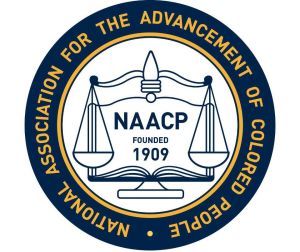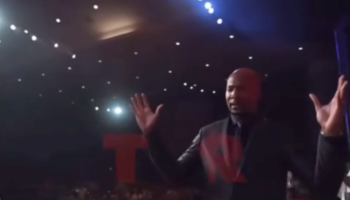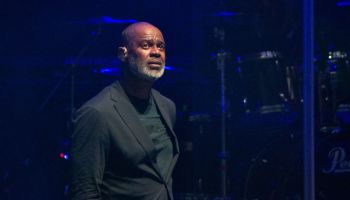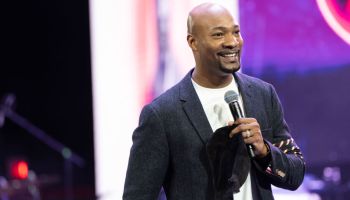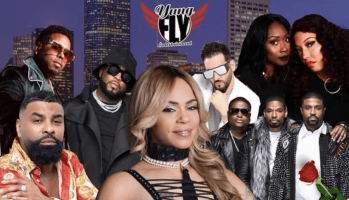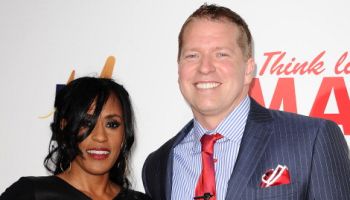The 21st Conference of the Parties (COP21) on the United Nations Framework Convention on Climate Change (UNFCCC) will occur from Monday, November 30, 2015 through Friday, December 12, 2015 in Paris, France. This gathering will also be the eleventh session of the Conference of the Parties serving as the meeting of the Parties to the Kyoto Protocol (CMP11). As has been the case since the 15th COP, the NAACP’s role is to amplify a racial justice analysis and a set of equity-based demands in the discourse on climate change impacts, mitigation, and adaptation. With 2015 being the launch of the UN Decade on People of African Descent, the voice of the NAACP will be particularly critical.
Through the racial justice lens and the analysis of the differential impact of climate change on communities of color worldwide, the delegation will emphasize the imperative for aggressive action by the US Government (USG) on emissions reduction, advancement of energy efficiency and clean energy, and capacity building of communities towards resilience, the three pillars of the NAACP Environmental and Climate Justice Program.
The NAACP brings a unique voice in that the vast majority of U.S. groups engaging in the UNFCCC process are representing a foreign policy agenda in which the struggles of this country’s frontline communities are often rendered invisible. In addition to allowing these communities the opportunity to make their concerns heard, delegations will also hold the USG accountable for promises and/or claims they may make about actions taken at home.
Introducing Jylise Smith
“Every day, families of color around the country are disproportionately impacted by hazardous sites and facilities placed in their own backyards. The simple idea that all communities, regardless of their race, origin or income, should enjoy the same level of environmental protection is a concept with which many corporations have not yet come to agreement. That fact alone is enough to highlight why the environmental justice movement matters.”
“I have spent the last 8 years of my life organizing and advocating for Civic Engagement and Youth empowerment in communities of color. While serving as President of the NAACP at Texas Southern University, some of my focuses were voter participation, youth activism, along with environmental change. Some key efforts that I advocated for were: more recycle bins on campus to make student recycling easier, Energy Star certified light bulbs in dorms, and WaterSense labeled toilets on campus. I also helped establish a system at the computer lab where I worked that made it easier for students to go paperless and reduce their environmental impact. But one of the projects I was most proud of was the partnership I helped foster between our collegiate NAACP chapter and both our collegiate and Houston-based Habitat for Humanity affiliates. What I enjoyed most was that it allowed our group to contribute positively by developing healthy, environmentally-conscious homes in Houston. These particular houses required a certain amount of recycled materials to be used in construction and relied on solar installations to reduce energy needs. Also, as the newly appointed Young Adult chair and member of the Environmental Justice committee, I am working closely with a small team to address Climate justice issues in the Greater Houston area.
Climate change is one of the biggest civil rights issues in the country and our communities deserve to be at the table during high level talks on the issue. That is why I’m looking forward to attending the United Nations Framework Convention on Climate Change. This is an amazing opportunity to share positive solutions to one of this century’s most pressing challenges with community leaders from around the world. As a youth delegate representing the NAACP and my community, I will participate in activities that will position me to educate my community on best practices for dealing with the realities of climate change while pushing for a strong commitment to equity in the effort to secure a healthier environment for all.
This is a chance to work together cohesively with all of the great groups around the world that are working to end the disproportionate impact of environmental abuse on people of color and low income communities.”
